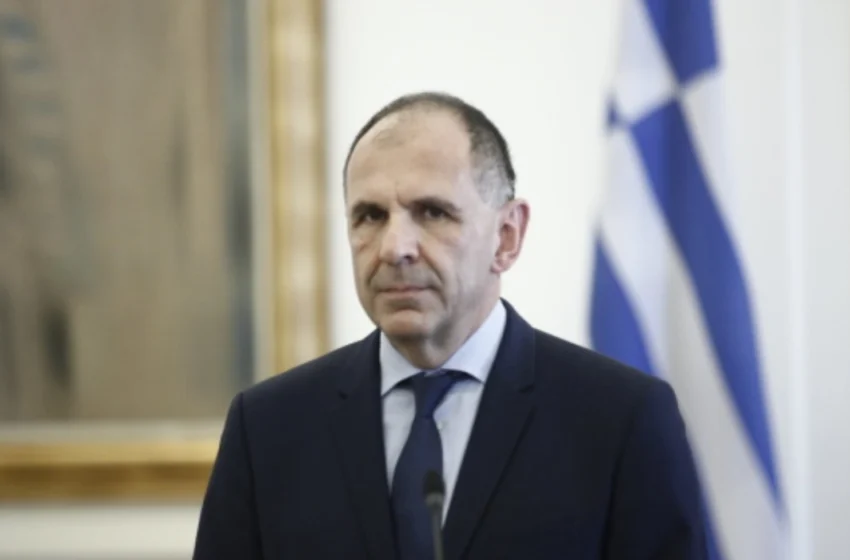
Ukraine crisis news ( Europe Brief News): Greece’s foreign minister says Moscow continues to gain ground in Ukraine, while Europe suffers from a “post-shock syndrome” amid prolonged conflict.
Georgios Gerapetritis, the foreign minister of Greece, acknowledges that Western sanctions are insufficient to stop Moscow’s intentions.
The implementation of economic sanctions has not become a “turning point for peace.”
According to the Associated Press, Greek Foreign Minister Georgios Gerapetritis has described Western pressure on Moscow as only partially effective because Russia has managed to evade its consequences.
His statements reflect the situation on the battlefield in Ukraine. Russia is preparing a massive summer onslaught in an effort to retake five territories in spite of sanctions.
According to Ukraine, fighting has already started. Kyiv really needs more guns and defense in these circumstances.
The US and the EU have been debating fresh sanctions in recent months; Washington first favored more severe penalties but then changed its mind in response to US President Trump’s appeal to Russian leader Vladimir Putin.
The US chose not to impose any limitations and threatened to end the negotiations completely, despite Putin’s refusal to accept a ceasefire and his unwillingness to reduce aggression.
In the meantime, Moscow forces have escalated their terror attacks on Ukrainian civilians.
Despite becoming the most sanctioned nation in the world, Russia’s military aggression has not yet been completely stopped by the sanctions.
In light of this, the EU passed its 17th round of penalties, albeit with some disagreements. New limitations on the shadow fleet, hybrid threats, and third-country businesses helping Russia’s defense sector avoid sanctions are the main topics of the package.
The effectiveness of sanctions as a whole is still up for question, and experts acknowledge that while these steps are significant, they won’t deal Russia’s economy a severe blow.
In light of Russia’s war on Ukraine, Gerapetritis continued, Europe is going through a “crisis of political identity.” He claims that “certain divisions and conflicts” plague EU nations.
A regulation that grants a single nation veto power is a significant obstacle to making decisions quickly.
“It seems that on occasions, we forget what the essential elements are that brought us together as Europeans, and we do suffer from some divergences and conflict.
And now we’re suffering from the post-shock syndrome after the war in Ukraine. So I think Europe needs again to find its resilience and identity,”
Gerapetritis says.
Greece supports Ukraine because it upholds its territorial integrity, sovereignty, and rule of law, he continues.
What are the main challenges Europe faces due to the Ukraine war?
Decades of comparatively peaceful Europe have come to an end as a result of the conflict, and in light of growing Russian threats, the EU and NATO are being forced to reconsider and reconstruct their security architecture.
Geopolitical fault lines have changed as a result of the battle, tensions along Europe’s eastern borders have escalated, and nations like Finland and Sweden have joined NATO. Another worry is that a Russian win may encourage more aggression in the Mediterranean and Black Sea, endangering the stability of Europe as a whole.
Significant economic shocks have resulted from the war, including hiccups in the trading of essential commodities including food, metals, oil, and gas.
These interruptions have undermined Europe’s post-pandemic economic recovery by pushing inflation to levels not seen in decades. Both individuals and businesses are experiencing inflationary pressures.


